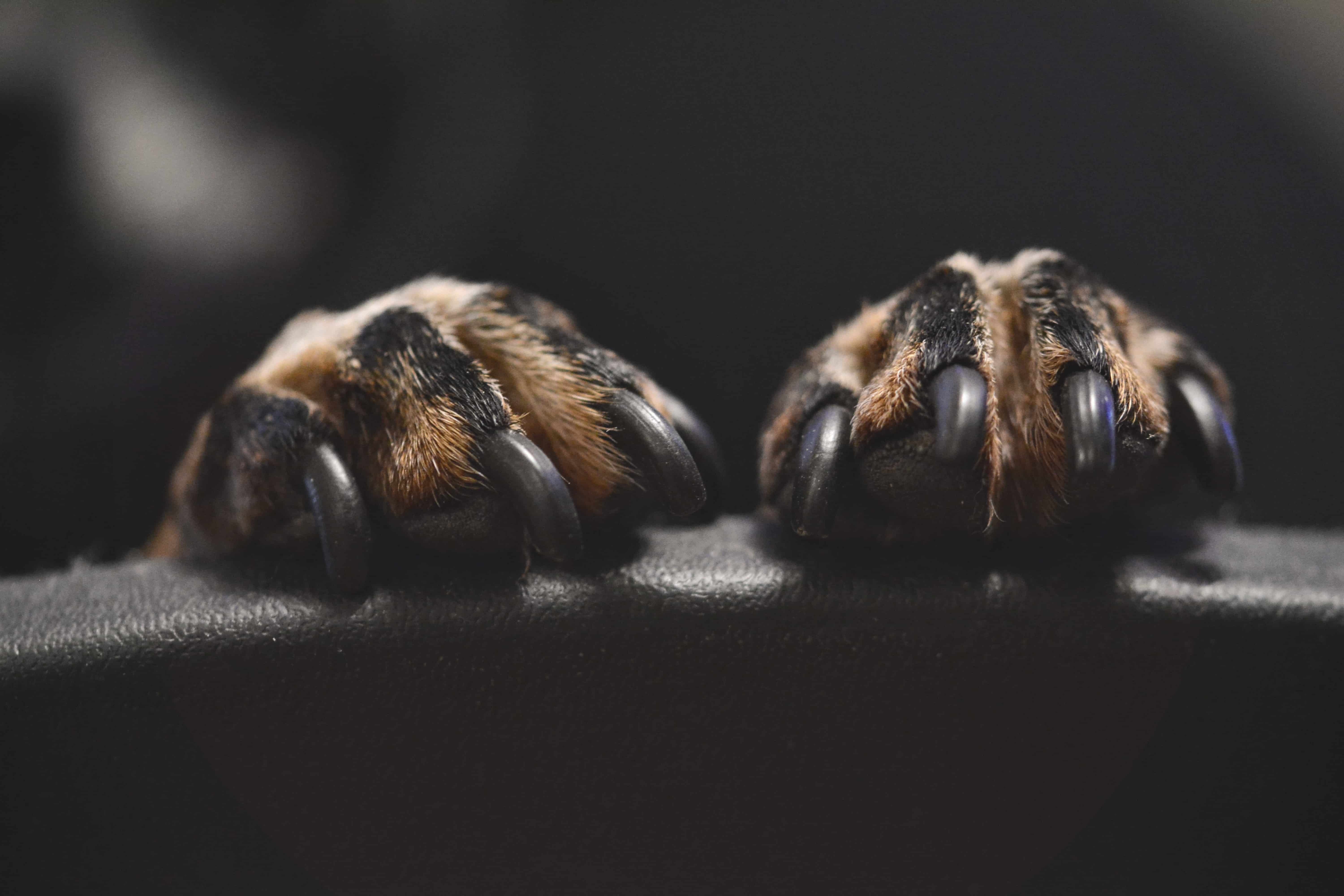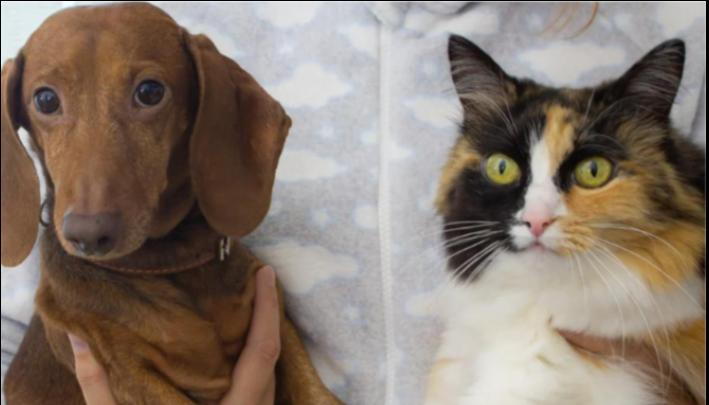


Diabetes
Diabetes is one of the diseases we in the human population are familiar with, but did you know that dogs and cats can also get this disease? The medical term for this is Diabetes Mellitus. The body needs energy for normal metabolism and activity. One of the major fuels used for energy is a sugar called glucose. Diabetes Mellitus is a condition affecting glucose and a hormone called insulin which helps the body access this fuel.
Glucose for energy and the role of insulin
Glucose is produced when a person or animal digests a carbohydrate or starchy meal, but it then needs to travel through the bloodstream and get into the cells of the body in order to be used for energy. The hormone insulin enters the picture here. It helps glucose get into the cell. Think of it this way. You need to get into your apartment, but you don’t have a key. The key is the essential element that allows you to access something you need. Likewise, insulin is that element which allows the cells of your body to access glucose; it is the access into the cell. Without insulin glucose remains in the bloodstream, while the cells of your body starve for energy. The excessive glucose in the bloodstream causes major health problems, as the starving cells look for alternate sources of energy, which can also create problems.
Insulin is produced by the pancreas, a digestive organ found near the liver and small bowel. Diabetes Mellitus develops when there is no insulin manufactured by the pancreas or when some insulin is produced but either the amount is insufficient, or the body is not using it well. The first condition is called Type I diabetes, also known as insulin dependent diabetes. Type I can be found in people, and is referred to juvenile onset diabetes, and in most dogs with diabetes. It requires regular insulin injections. The second condition is called Type II diabetes, or non-insulin dependent diabetes. In people the term often used to describe this condition is adult-onset diabetes. Cats with diabetes often have Type II; however many cats with still require insulin injections to optimize glucose use.
What are the signs of Diabetes?
A pet with diabetes can have the following symptoms:
Excessive thirst
Excessive urination
Weight loss
Increased appetite
Diagnosing and monitoring diabetes
Your veterinary professional will use blood and urine testing. These are not one-time tests. To get your pet “regulated” or stabilized frequent testing is necessary. Diabetes is oftentimes a lifelong condition and requires the partnership of the veterinarian and pet owner. A pet with this condition will need more than annual visits to the animal hospital. Your veterinarian will give you the tools needed to monitor the blood sugar, administer and adjust insulin levels, and identify abnormal symptoms.
Treatment of Diabetes
The cornerstone of treatment is proper diet and glucose control through regular insulin injections (usually twice daily) in Type I and possibly Type II. Home care requires owner commitment.
What is the prognosis of a pet with Diabetes?
Diabetic pets can develop other health problems including cataracts and blindness, hypoglycema (low blood sugar) and seizures from this, liver disease, pancreatitis, and infection (a pet with diabetes has a weakened immune system and is very susceptible to infection, especially urinary infections). If the blood sugar remains too high or if it drops too low your pet can develop a sudden medical crisis and need to be hospitalized. It is not all doom and gloom however. A well-regulated diabetic pet can live a good quality of life for years.
As with many medical conditions, the earlier the problem is detected, the sooner the intervention and treatment can be implemented; and the better the outcome for your pet.
At DR 4 PETS we believe a well informed pet owner is empowered to sustain their fur baby’s general health and thereby keep that beautiful human-pet bound alive. If however, father time or ill health brings your pet to the end-of-life we want to be there to help. We provide dignified and compassionate in-home euthanasia to the feline and canine population of Ventura, Camarillo, Thousand Oaks, Agoura, Moorpark, Simi Valley, Chatsworth, Porter Ranch, Calabasas, and neighboring communities. Give us a call at (805) 494-3339.